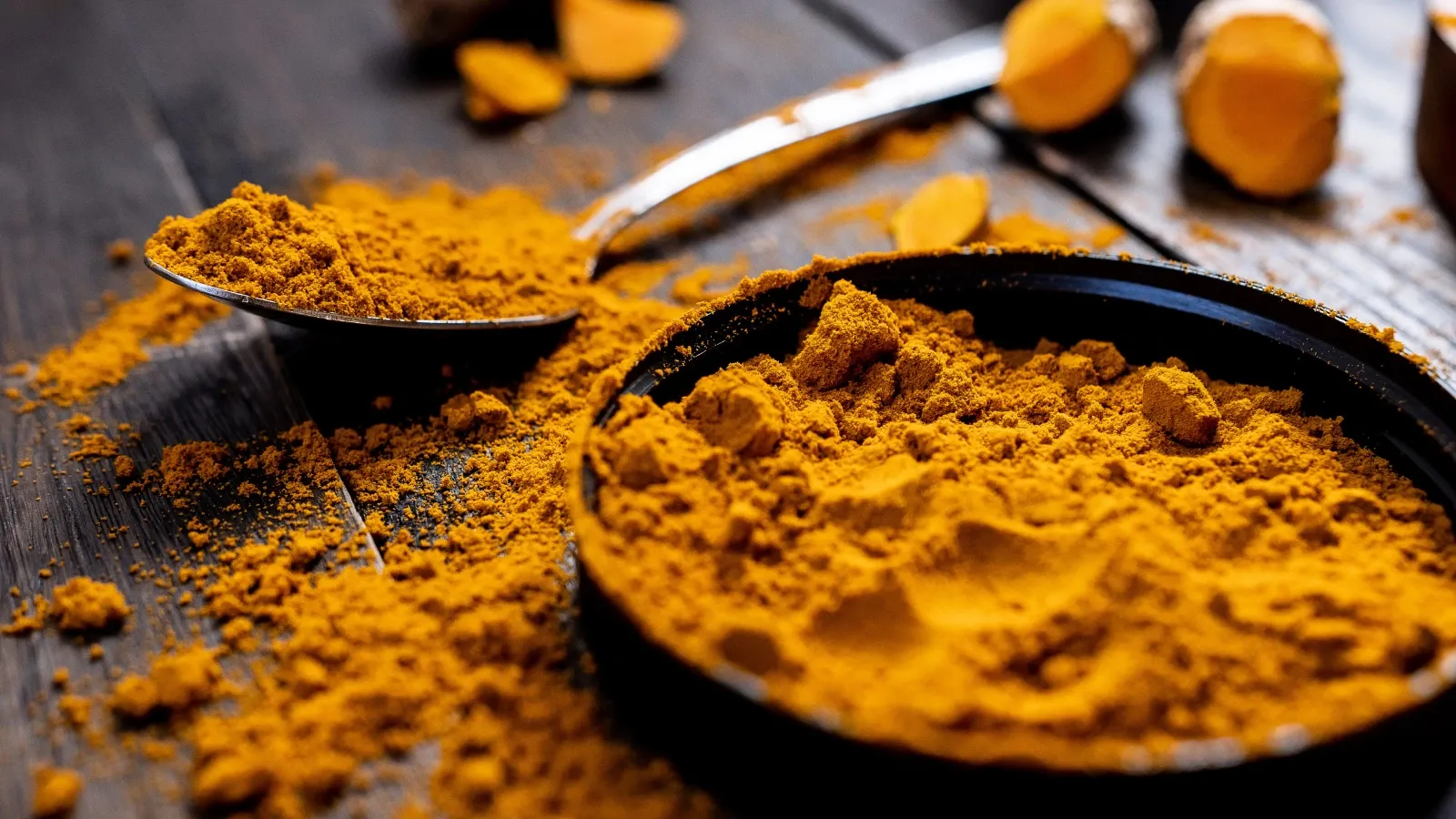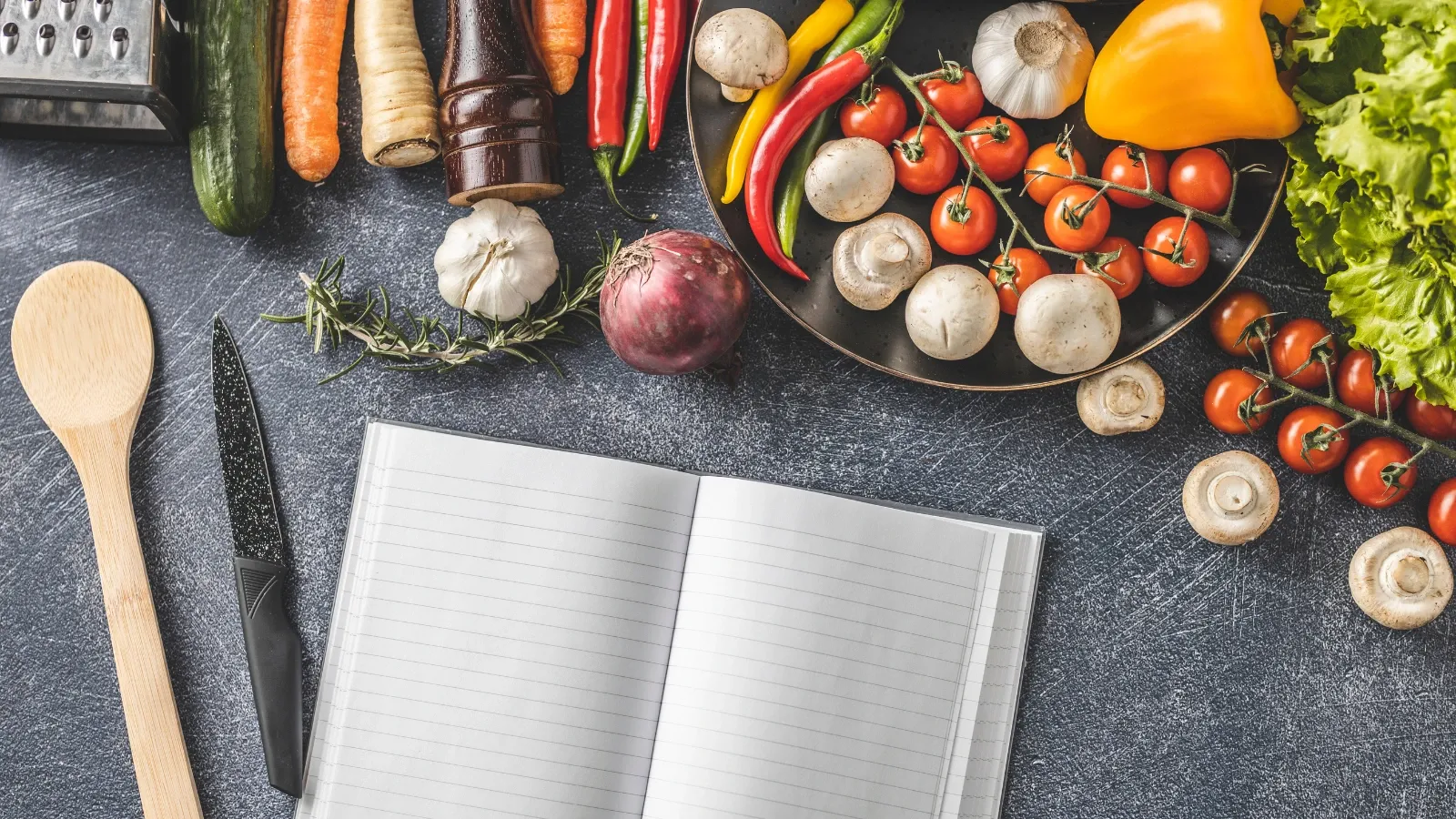Do you usually tend to read negative rather than positive news? You are not alone. It’s human nature; we tend to find negative news more appealing
Every morning, I have a strong urge that bites me. It's a familiar, almost involuntary twitch –the desire to reach for my phone. But I wish it did only to snooze my alarm. I’m not, though; the siren call is far more insidious: the pull of the news. My thumb instinctively scrolls through social media feeds and news apps, a desperate need to know what's happening in the world. But, usually, what I find is rarely uplifting. On the contrary, it's a relentless stream of negativity: political and vicious celebrity scandals, crimes, natural disasters, social turmoil, and the ever-present threat of war.
I know this is a terrible habit, and I understand that the news cycle is overwhelmingly dominated by negativity. War, famine, political strife, environmental disasters –a constant barrage of bad news designed to grab our attention and keep us glued to the screen.
Yet, I can’t help it, and every day, I find myself scrolling through headlines, drawn in by the morbid curiosity. And when I see the most tragic headline, here comes the research: research about everything on this topic, how and when it happened, how much it impacts humanity –oh, the humanity– and what happens next. And my list of resources doesn’t end with just scrolling between 1 and 2 sources. I need to find every bit of information and aspect of the horrible news.
And here I go into a vicious cycle that keeps me constantly depressed
The more I consume negative news, the more anxious and unhappy I feel, and every morning, the world seems like a terrifying place, full of danger, death, and despair.

The good thing is that I have started to acknowledge this pattern, and I have come to realize that this daily dose of doom has taken a toll on my mental and emotional well-being. Even though things are going well, at least for me and my loved ones, I feel constantly anxious and overwhelmed by impending doom. And I am patiently waiting for the bad thing to happen.
Why is negative news so appealing?
According to research by nature.com, the well-known newsroom saying, "if it bleeds, it leads," highlights a firm belief among journalists: stories focused on crime, violence, and tragedy attract more readers than those highlighting positive events. This principle was traditionally driven by the need to sell newspapers.
However, the landscape of news consumption has dramatically shifted. A significant majority of readers now access news online, transforming the primary objective from selling newspapers to maximizing online engagement. The incentive is to keep users clicking on and reading new articles.
In the United States, a considerable 89% of adults consume at least some of their news through digital platforms, and this reliance on the Internet as a primary news source continues to grow.
Despite this widespread adoption of online news, the reality is that user attention is incredibly fragmented. Most of us spend less than five minutes per month engaging with all the top news websites combined. This extremely limited attention span creates a highly competitive environment for online media outlets. Consequently, online news platforms are compelled to compete fiercely for the scarce resource of reader attention. The imperative is to capture and hold users' interest within a very narrow window of time, leading to the development of strategies aimed at maximizing clicks and engagement—by making negative headlines.
And how does this work? Here comes the so-called negativity bias—online media targets precisely this. According to the APA (American Psychological Association), negativity bias refers to the cognitive tendency for people to pay more attention to, remember, and be more strongly influenced by negative information compared to positive information, even when both are of equal intensity, meaning negative events often have a more significant impact on our psychological state than positive ones; essentially, "bad" information carries more weight than "good" information.
So, by taking advantage of our negativity bias in combination with the increased attention span, they basically serve us what we tend to want to read. And it works.
Because I realized I, as well, am addicted to negativity, which is weird because I have always considered myself quite a positive person.
According to psychology, though, I am not

But how did I manage to put myself in such a position? Well, I owe it to my ancestors, apparently. From a historical perspective, negativity bias developed as a survival mechanism, allowing our ancestors to be more alert to potential environmental dangers, making negative information more salient than positive information.
Studies have shown that the 24/7 news cycle, with its emphasis on sensationalism and negativity, can have a significant impact on our mental health. It can increase anxiety and depression, and even lead to feelings of hopelessness, which harms not only our self-esteem and mood but also can affect our relationships with others. Excessive news consumption can sometimes lead to social isolation. Individuals may withdraw from social interactions due to feeling overwhelmed by the negativity in the world.
Studies consistently show a strong link between frequent negative news consumption and heightened anxiety and depression. The constant exposure to distressing information can trigger the body's stress response, leading to elevated cortisol levels (the stress hormone).
Excessive news consumption, especially late at night, can disrupt sleep patterns. The emotional arousal from negative news can make relaxing and falling asleep difficult.
Managing my content digest

Because I didn’t want to be a part of this and end up a miserable person without any energy to live, I decided that it was time to rethink my morning priorities, make a conscious effort to limit my news consumption, and actively research and engage in reading positive stories. I have unsubscribed from news alerts, deleted news apps from my phone, and consciously chosen to spend my time on more uplifting activities, e.g., having a satisfying morning shower and writing down 3 things I’m grateful for every morning.
If you look around a bit, you will notice that the world, despite the complexities, scandals, and wars, is also a beautiful place. The online and offline worlds are full of positive news and stories of hope and inspiration. So now I actively focus on reading books, listening to podcasts, and watching documentaries focusing on human kindness, environmental sustainability, and social progress.
It's not easy.
Old habits die hard, and there is always the FOMO part: not wanting to be excluded from what is happening. The urge is here; I accept it, but don’t surrender. I believe reducing my exposure to negativity can create a more peaceful and joyful inner life and make me a tad happier every day.
However, avoiding engaging with negative news does not mean burying my head in the sand or ignoring our world's challenges. That’s denial. Keeping a distance from negative news is about finding a healthier way to engage with the news that nourishes my soul instead of draining it. I recognize our world’s chaos, but I also acknowledge that there is good in it. I understand that staying informed about current events is important. However, it's possible to do so without sacrificing my mental health. There are plenty of news sources that don’t scream negativity, and I stay informed, but for one negative headline, I aim to read two positive ones.
I read those interesting items before I wrote the article:
What Is The Negativity Bias and How Can it be Overcome?
 THE WORKING GAL
THE WORKING GAL





